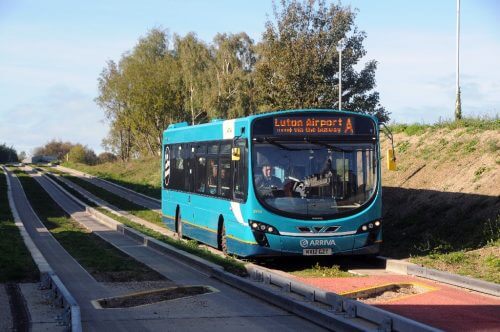
Members of parliament spoke to three respected industry professionals – Kevin O’Connor, Peter Coates and Professor David Begg – about the topical issue of urban congestion and its impact on bus services. Jade Smith and Gareth Evans report
The Transport Committee held the second evidence session of its urban congestion inquiry on January 30 and heard from transport industry representatives and academics.
The Committee heard oral evidence on the subject of urban congestion, including from Arriva UK Bus MD Kevin O’Connor, National Express UK Bus MD Peter Coates and Professor David Begg, who was commissioned by Greener Journeys to write a report on the impact of congestion on bus journeys.
The session focused on: […]
What you get with a subscription
- Operator & Supplier Profiles
- Face-to-Face Interviews
- Lastest News
- Test Drives and Reviews
- Legal Updates
- Route Focus
- Industry Insider Opinions
- Passenger Perspective
- Vehicle Launches
- and much more!


